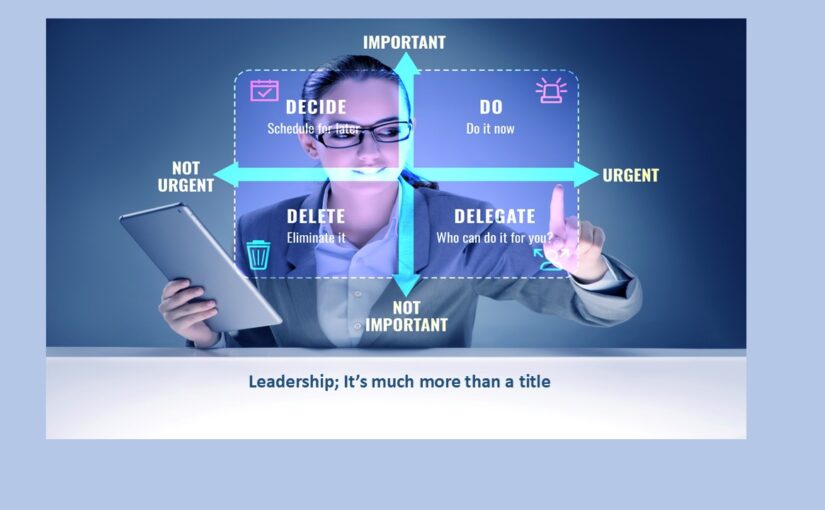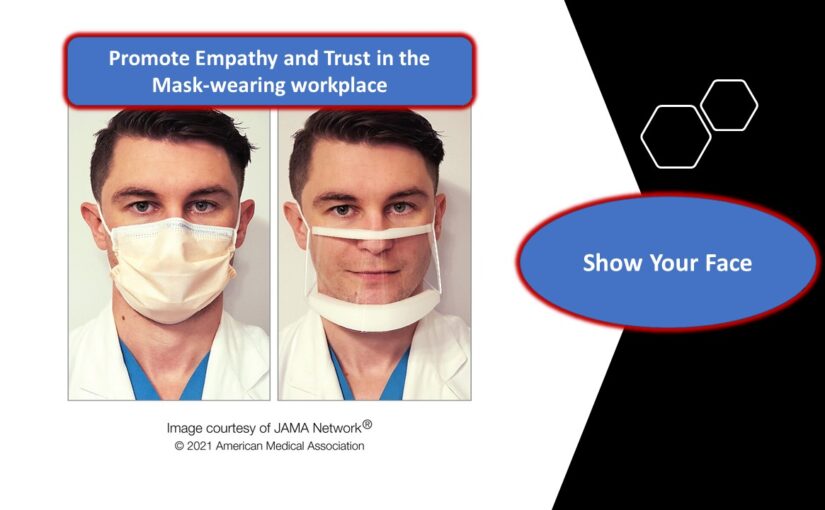By Thomas Davis, DNAP, MAE, CRNA
In the mid 1700’s the industrial revolution emerged in Britain and by the mid 1800’s spread throughout the world transforming not only the production of goods but also the culture of industrial countries. Now, Artificial Intelligence is poised to totally transform not only the healthcare industry, but also the culture of everyone in the world, including those living in third world countries.
Artificial Intelligence is not something that is on the 5 or 10-year horizon, it is happening now and we can expect immediate advances in every aspect of our life, including healthcare. After reviewing the literature and looking into my crystal ball, here are some of the AI related changes that we can expect in our practice of healthcare that we deliver to our patients.
- Patient assessment. Artificial Intelligence can scan and interpret large volumes of information in a matter of seconds and will be able to assess literally everything in a patient’s history and print a summary instantly. Filters will be in place to highlight items that could affect the delivery of anesthesia enabling the CRNA to gain a comprehensive overview of the patient without spending time searching the chart for consultation summaries.
- Risk assessment. Building on the data obtained from AI assessment of the patient’s record, filters will be in place to identify risks to the patient. In addition, suggestions will be offered for ways to mitigate the risk to the patient.
- Pharmacogenetics. Pharmacogenetics uses the individual’s genetic makeup to predict their response to drugs including dosage and duration of action. As a person’s DNA is analyzed and becomes a part of their record, the door is open for AI to determine the exact dose, duration and redosing schedule for each drug used in anesthesia.
- Anesthetic plan. Like an airline pilot receiving a printed flight plan, artificial intelligence will develop a “flight plan” for the upcoming anesthetic. AI will do a deep dive into patient’s medical record to include their genetic profile and create a plan for using the best drugs and techniques for the case. The plan will be specific with dosage, re-dose schedule and reversal medications.
- Monitor assessment. The trend to consolidate physiologic data from various monitors into one database will increase in the future. Artificial intelligence will do real time analysis of every piece of information and alert the provider of any indication of upcoming complications. Artificial intelligence will not only identify the problem but will also recommend a solution. The next step beyond that is for AI to automatically correct the problem without provider input.
- Auto pilot for depth of anesthesia. In addition to interpreting physiological data from the monitors, AI will actively monitor the depth of anesthesia and make appropriate corrections in the delivery to ensure consistent and safe anesthesia care.
- Regional anesthesia block placement. As a child, learning to read a map was an important task for surviving in the real world. Now, paper maps have been replaced by computer programs that display and verbally tell you every turn to make while traveling in a car. Likewise, artificial intelligence will be like google maps for the provider placing a regional block. Not only will you see the ultrasound image, you will also be able to display an anatomical overlay over the image to show structures. Artificial intelligence direct you how to place the needle and will alert you to inject when the needle is in the optimal position.
- Emergence and extubation. As you taper the anesthetic at the end of the case, AI will monitor the depth of anesthesia as well as the return of neuromuscular function and will determine the proper time for removal of the endotracheal tube.
- Recovery safety. Everything that AI does in the operating room will be carried over to the recovery area where AI will continue to assess physiological data and alert the recovery team if interventions are required.
In addition to the artificial intelligence breakthroughs for the delivery of anesthesia, AI will transform the entire healthcare industry providing a higher quality of healthcare for all populations, including those who currently have limited access to healthcare. Her are some of the ways that AI will transform the entire healthcare industry.
- Smarter and faster diagnosis. Up to this point in history, healthcare providers spend countless hours shifting through volumes of records, images, and lab reports when making a diagnosis. Artificial intelligence will complete the same job in a matter of minutes and the AI report will be more comprehensive and complete than that compiled by the provider.
- Reduced medical errors. Proposed treatments and medications will be reviewed by AI to determine whether they align with best practice protocols and whether they are being applied appropriately.
- Analysis of images, specimens and EKG recordings. Currently, computerized programs are being used to read radiology images, assess pathology slides, and interpret EKG recordings. Artificial intelligence will take those tasks to a new level and provide instant and accurate evaluation.
- Enhanced drug discovery. Pharmaceutical companies are already starting to use computers to create new drugs. AI will put that process on steroids and open the door for designer drugs that match an individual patient’s genetic profile and produce the exact results that are desired.
- Streamlined analysis and approval of new drugs and products. Currently new drugs and medical devices must go through years of scrutiny before gaining FDA approval for use. Artificial intelligence will provide quick and accurate data to analyze the effectiveness of the new product and will potentially shorten the time lag from development to marketing.
- Better healthcare for underserved populations. Not all populations have access to the level of healthcare that we enjoy in America. Artificial intelligence will team with telemedicine and open the door for improved healthcare in third world countries that currently lack modern medical facilities.
Artificial intelligence is not the future…it is now. Healthcare providers of all types who embrace and leverage the benefits of AI will thrive in the future. Conversely, those who reject AI will be left standing at the station as the train whizzes by.
Tom is an experienced leader, educator, author, and requested speaker. Click here for a video introduction to Tom’s talk topics.
























